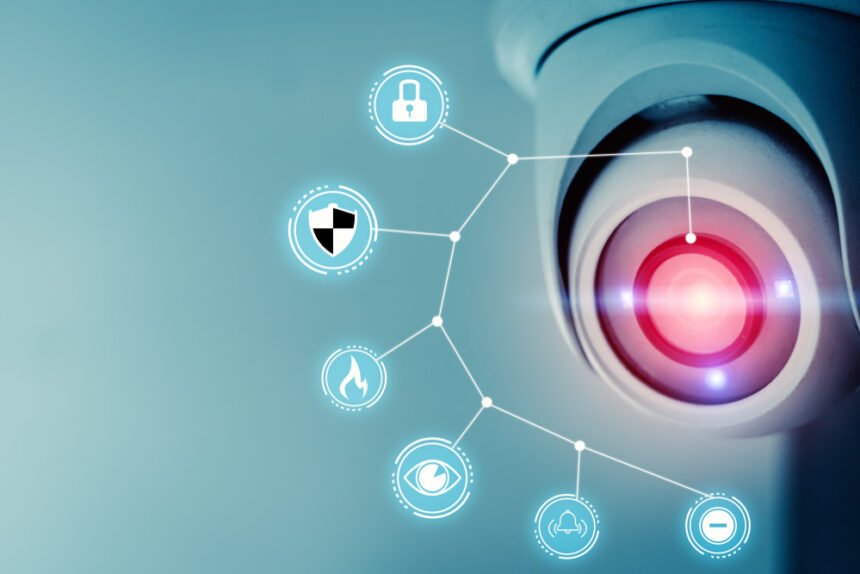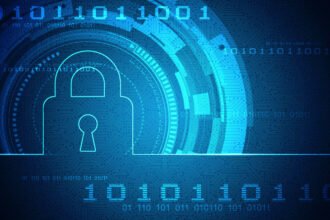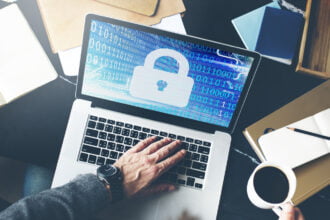Major advances in data analytics and storage capabilities have benefited us in surprising ways. One of the most important benefits of big data for consumers and businesses is with home security.
Big data has led to greater effectiveness of CCTV technology. Businesses and consumers can now store several months’ worth of video footage. Previously, analog tapes would need to be overwritten after 24-48 hours, due to the massive storage costs.
Expansion of Data Technology is Driving Demand for CCTV Home Security Technology
Badri Narayan Subudhi of the Department of Electrical Engineering, Indian Institute of Technology Jammu wrote a white paper on Springer about the advances of big data in the context of CCTV technology. He points out that big data has had numerous benefits, especially with regards to scaling storage capacity of CCTV footage. Data technology has also simplified the process of setting these systems up through the use of new AI-based guides. Data analytics also makes it easier to inspect footage after it has been captured.
What is CCTV and how does it benefit from big data advances? CCTV, or Closed-Circuit Television, is one of the oldest forms of video surveillance used, and yet it remains one of the most effective available today. Fortunately, the technology has gotten much better and the options available make it easy for almost anyone to improve their home security with a CCTV system that can be installed and monitored from almost anywhere, thanks to smartphone integration and wireless technology.
Even the thought of setting up a full home security system could seem intimidating. However, big data has simplified this step. If you’ve seen products like the Google Nest or iZone Smart Home Security, you can see that the products available today are much more consumer-friendly than ever before. You will still need to take the time to ensure things are properly installed, of course, but you shouldn’t be intimidated. Just know that you can always rely on the assistance of professionals, including with things like CCTV security.
The Basics
The professionals that you hire to complete your installation will walk you through the entire process, as well as your options for the number of cameras that you want and what kind of storage and recording devices you need. Typically, modern systems include a network video recorder that can run on up to eight channels along with a 2TB or larger hard drive for storing footage. As you can imagine, this wasn’t feasible before big data was a household term. Big data has made video retention easier than ever.
Rather than needing a remote TV or computer for monitoring this system exclusively, you can manage modern CCTV systems right from a big data app on your smartphone or tablet. That means that even when you’re not home, you can keep tabs on your property and know that everything is secure.
First, you’ll choose how many cameras you need. This will be based on how many potential risk areas you have, or what areas of your home you want to be covered. Some people choose door cameras only, while others will get cameras for their entire property. It’s your decision, but you can also get advice from your CCTV installation professional to help you determine where you need cameras for the best protection.
You will also need to know whether the data should be encrypted. This is another benefit of big data, but isn’t always essential.
The most important part of installing and setting up the most effective CCTV system is hiring professional electricians that are experienced in the process. They will be able to walk you through everything, ensure that you get the best system, and give you the peace of mind that your home is protected from every potential threat.
Big Data is Driving Advances in CCTV Technology
Big data has created a number of security benefits over the last 10 years. Some of these benefits are most evident in cybersecurity, but data technology has also helped with home security as well. CCTV is one of the areas where data technology has been most effective.










